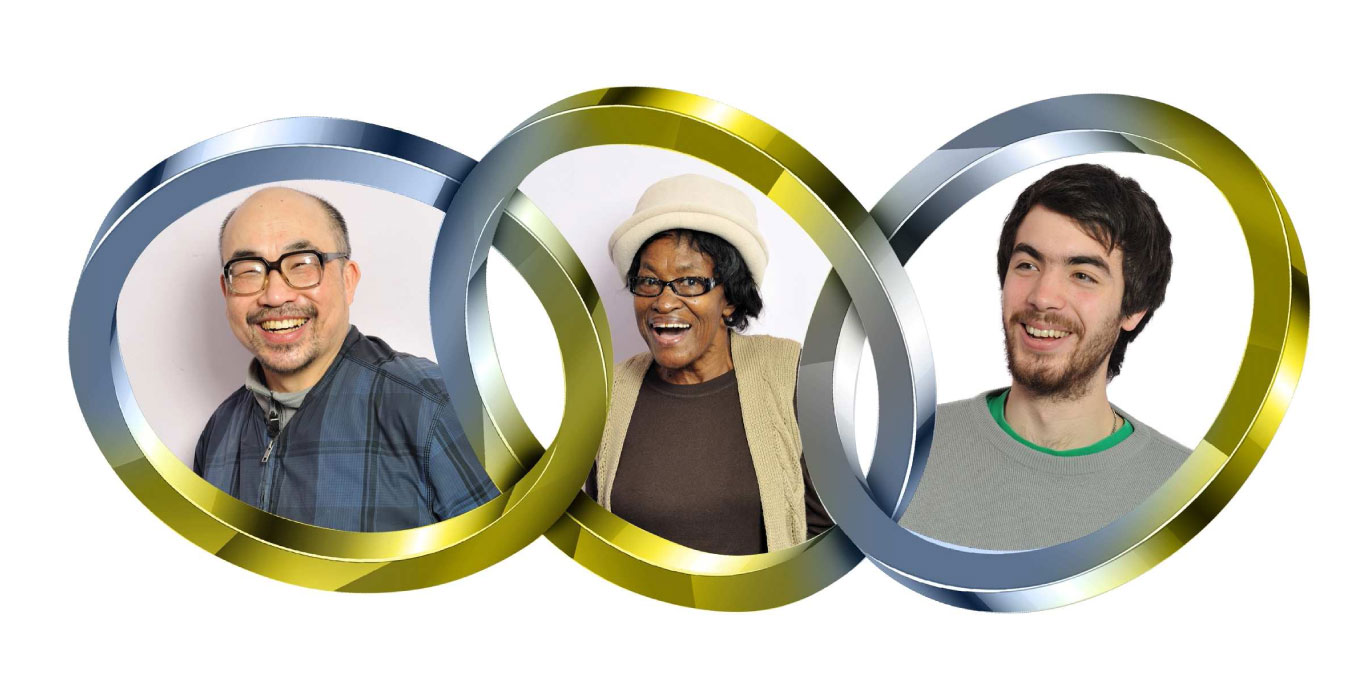Friday (23 march) was a memorable occasion for Missing Link, Vital Link’s new peer support project. Almost two years on since we hatched the initial proposal, we were presenting certificates and celebrating the end of the eight weeks’ training with a dedicated group of people prepared to share their lived experience of mental health to support the recovery of others.
Missing Link will give those about to be discharged from a number of wards at Lambeth Hospital the opportunity to meet with a peer supporter in the community for up to two hours a week over 12 weeks. The hard work starts now as our 10 peer supporters start to go onto the wards to get to know staff and patients. As we have visited wards with our co-ordinator Lucas Teague, we have been heartened by the response from staff who are prepared to support what many describe as cutting edge work.
It has been an incredible journey with immense challenges, but Missing Link clearly illustrates that collaborative ventures can be more than a concept on a page; that co-production involving those who know what it’s like to use the services, as well as carers is a reality and has to be the way forward.
We have been lucky to have facilitator Susan Henry from the Hackney Peer Support project leading the training. In the early stages, as members of Vital Link (a group representing carers and those who use services) we visited the initial research project at Homerton Hospital, where Susan was co-ordinater. This project helped shape our proposal. It was also invaluable to have the support of Jean Spencer, who is the manager of the Primary Care Support Service, who was mapping the different forms of peer support in the borough.
Allowing things to develop organically has been the secret to the success of Missing Link thus far. As former Vital Linker Emilio Reyes (who co-facilitated some of the sessions) puts it: “The training started with a joint exploration into the meaning of peer support and people’s individual experience of recovery. Susan Henry was inspiring in helping to foster important relationships and created an environment which allowed people to express themselves confidently. It is clear that this training provides a comprehensive guide to becoming a peer supporter.”
Clearly, what is crucial is the experiential nature of the training and, most importantly, that people are recruited as peer supporters on that lived experience, rather than having to fulfill some tick box recruitment process. We must not lose sight of this vision. This was well illustrated on Friday. One of the most moving parts of the final session was hearing from two peer supporters from the Hackney project who have been working on the wards for a few months. They spoke confidently and compassionately about how this experience has changed their own lives, while at the same time offering empathy… walking by the side of someone else on their recovery journey.
What can’t be highlighted enough is that peer support has to be more than the latest buzz word. We are undoubtedly on the brink of something very exciting, yes, very cutting edge. But those who want to see this service grow, to be scaled up, must be prepared to reciprocate and invest some hard cash into those who are prepared to share their lived experience of mental health.
Karen Hooper
Please click here to download the Missing Link flyer.

